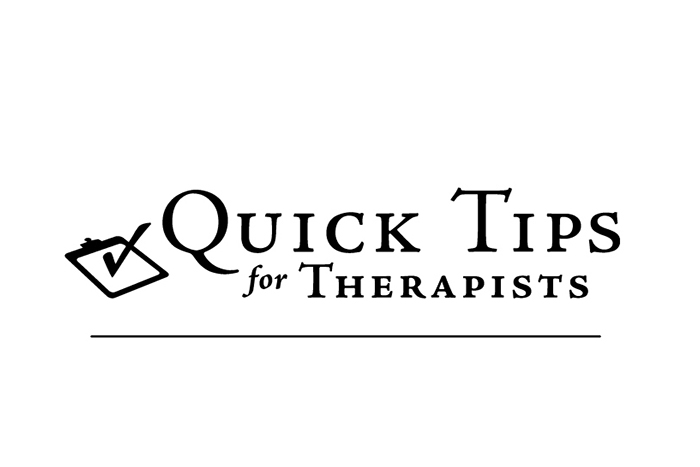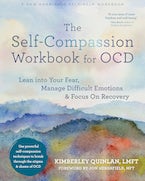When a client experiences uncertainty, doubt, confusion, or anxiety, they may engage in a repetitive behavior commonly referred to as reassurance-seeking. This is a common compulsion for people with obsessive-compulsive disorder (OCD), health anxiety, and several other anxiety disorders. Reassurance-seeking often involves asking the same (or similar) questions over and over in an attempt to reduce or remove uncertainty.
While it may feel helpful to reassure or soothe their fears at that moment, it is important to know that providing too much reassurance can worsen our client’s anxiety.
What to do when a client consistently asks for reassurance:
1. Educate them on the cycle for reassurance.
Educate your client on the long-term impact of providing reassurance. While it may make them feel better in the short term, it will only keep them stuck in a loop in the long term.
2. Ask them what they would have to tolerate if they didn’t ask for reassurance.
It can be very beneficial for our clients to understand and recognize the emotion behind their compulsive behavior. Common emotions that lead to reassurance-seeking are uncertainty, anxiety, fear, doubt, and shame.
3. Teach them mindfulness and self-compassion tools to help them tolerate the discomfort they experience instead of seeking reassurance.
Mindfulness can be a powerful tool when practicing tolerating discomfort. During the session, you can experiment with these questions: Can you observe your thoughts at that moment? Can you allow the discomfort nonjudgmentally? How can you be kind and nurturing while you allow this discomfort?
4. Celebrate their wins!
Never forget to celebrate a client’s attempt to make small, effective behavioral changes in their lives. In my practice, we celebrate even 1 percent changes, as they lead to big changes.
Kimberley Quinlan, LMFT, is a psychotherapist in private practice specializing in the treatment of obsessive-compulsive disorder (OCD) and related disorders. She is host of the Your Anxiety Toolkit podcast, and founder of www.cbtschool.com—an online psychoeducation platform for OCD, anxiety disorders, and body-focused repetitive behaviors (BFRBs).



 2024 Peace Playbook: 3 Tactics to Avoid Clashes with Your Partner
2024 Peace Playbook: 3 Tactics to Avoid Clashes with Your Partner